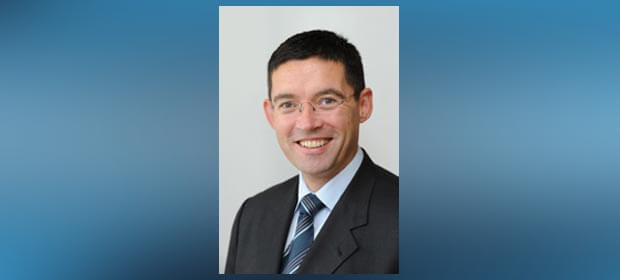There was an inherent resistance to change, which was often a fear of getting it wrong, Dr. Alan Smith, Director of Performance Improvement (Scheduled Care) with the Department of Health Special Delivery Unit, told a conference on maximising day surgery in Ireland in the Royal College of Surgeons in Ireland. Maureen Browne reports.
There was an inherent resistance to change, which was often a fear of getting it wrong, Dr. Alan Smith, Director of Performance Improvement (Scheduled Care) with the Department of Health Special Delivery Unit, told a conference on maximising day surgery in Ireland in the Royal College of surgeons in Ireland.

He said different interests such as medical, nursing and managerial could generate different goals which might clash. The universal law of health care reform was that no matter how good the health care in a particular country, somebody would complain about it and no matter how much was spent on health care, doctors and hospitals would argue that it was not enough and that the last reform had failed.
Dr. Smith said that Ireland had to make changes. We had an increasing ageing population and an increasing demand for services. We needed to move to more day case treatment, more GP treatment and more nurse treatment. This was the only way we would be able to cope with the demand over the next 20 years. The complexity of what doctors did far exceeded one person’s ability to keep it all in her or his head, so we needed better teamwork and communication.
He said the life cycle of change was: Change proposed – and laughed off. Change proceeds – criticism and opposition build up. Change is unpopular – it meets with vitriolic opposition. Change comes about – within a short space of time it is as if it had always been so and the response is that ‘I told you it would work.’
“We have been hamstrung by the structure of our hospitals over the last 30 – 40 years, when every hospital has tried to do everything in its catchment area.
“Don’t go in with a closed mind. If you are committed to change and it is the right thing to do, then go for it,” Dr. Smith advised.
“George Bernard Shaw said ‘Those who say it cannot be done should not interrupt those who are doing it.’”
Dr. Smith said that quality without efficiency was unsustainable but efficiency without quality was unforgivable. “Neither one is the right answer, they have to come together and the solution is multidisciplinary working and communicating between clinicians, nurses and managers.”
“We have to marry the demands between scheduled care and emergency care and find a balance between scheduled and unscheduled care. “We have been hamstrung by the structure of our hospitals over the last 30 – 40 years, when every hospital has tried to do everything in its catchment area. I think hospital groups will help. They will bring flexibility.”
He admitted that there were many problems, including the moratorium – it was cheaper in some case to employ people rather than take on locums. Then the tendency in Ireland over the last 20 years had been centralised control and command. However he thought this would now improve with the creation of hospital trusts.

